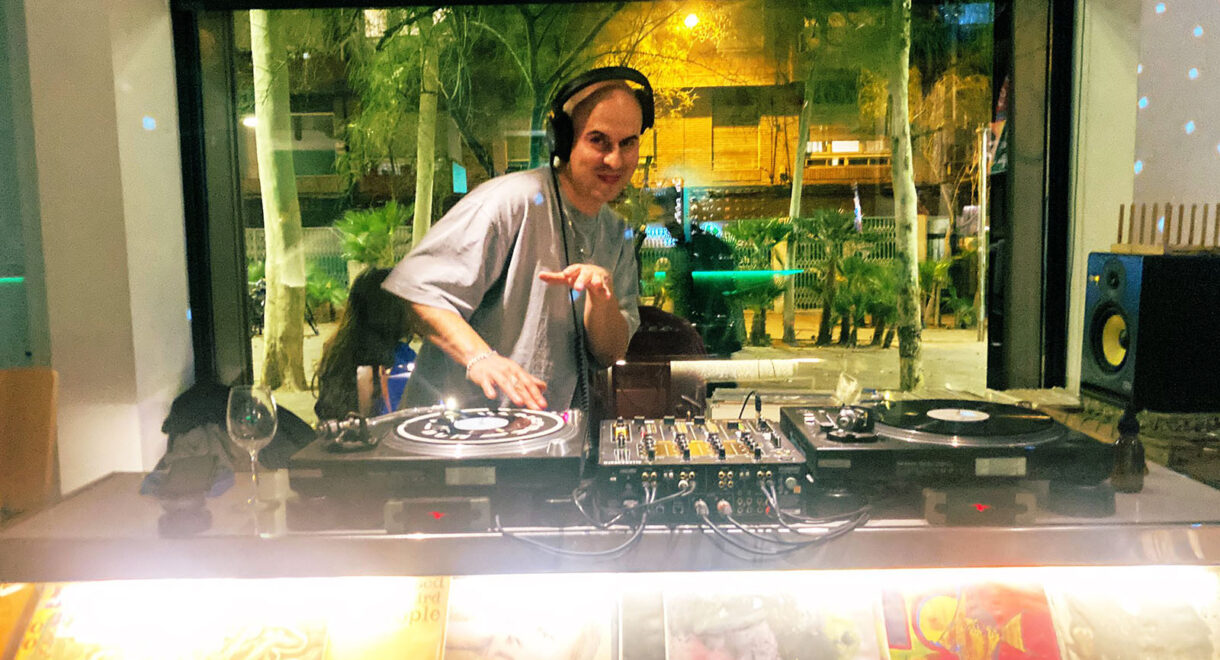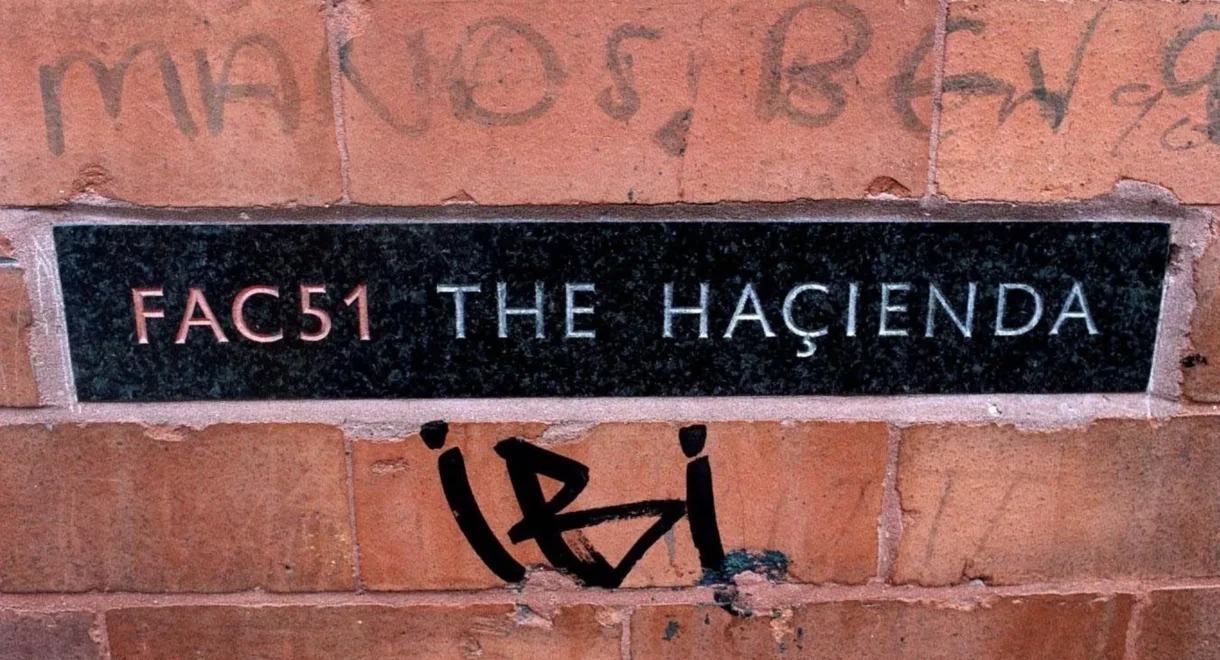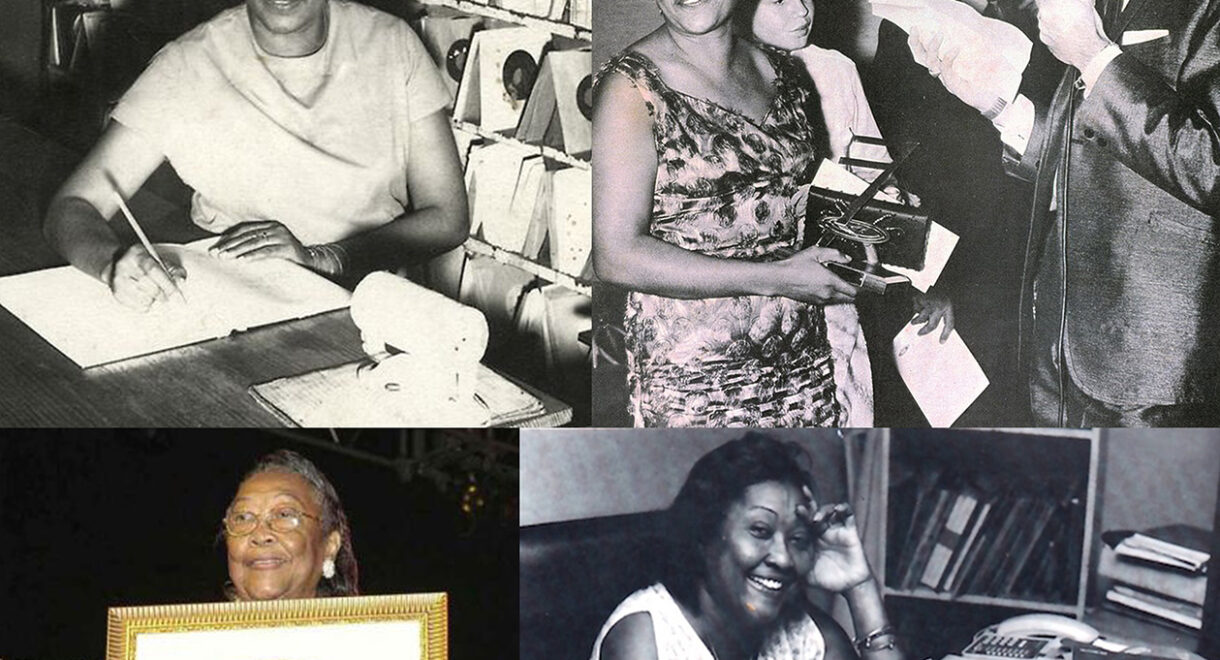The forecast is ominous: Sometime on Wednesday, the massive Hurricane Beryl, currently a category 4 storm, will likely hit Kingston, Jamaica with sustained winds of more than 145 […]
How British dub producer Dennis Bovell upended post punk and dub in the UK

Post-punk and dub selections from the originator of lovers rock.
The British reggae and dub producer Dennis Bovell is best known for his work producing sweet, swinging post-roots-reggae in a subgenre that came to be called lover’s rock. The multi-instrumentalist, though, has been a force in London bass culture since the mid-1970s, when clubs perfected the ability to push the low-end frequencies onto dance floors.
Bovell first gained recognition as a member of reggae group Matumbi, and worked as a producer under the pseudonym Blackbeard. He wrote his most famous song, “Silly Games,” for singer Janet Kay. The 1979 British hit plays a central role in director Steve McQueen’s recent “Lover’s Rock,” which occurs in late 1970s London.
“I was holding back the tears,” Bovell told writer Dorian Lynskey in the Los Angeles Times a few months back, of seeing the track play in the film. “The song became a kind of spiritual and a kind of protest: the authorities playing silly games with the people. I thought, Steve, how did you see that? I never saw that song as a protest.”
Though primarily a reggae producer, Bovell also worked on a volume of crucial late 1970s and early 1980s post-punk records, and in doing so infused low-end groove into a genre best known for anger and scraping guitars. Below, a selection of essential Bovell productions.
Slits – Return of the Giant Slits (1981)
Often misleadingly described as simply a punk band, the Slits issued their profoundly influential dub-informed debut album “Cut” in 1979. With Bovell at the boards, he harnessed the band’s unpracticed instrumental skills to create a spacious beat-punk album. Alongside the political funk-punk band the Pop Group, the Slits issued the influential Bovell-produced split single In the Beginning There Was Rhythm backed with We Are All Prostitutes. The Slits’ sophomore album, Return of the Giant Slits, is even deeper and weirder. Tip: Epic Records flooded the U.S. market with a promo version of the single Earthbeat/EarthbeatDub, and every track on it is a banger.
Linton Kwesi Johnson – LKJ in Dub (1980)
Starting in the 1970s, Jamaican poet Johnson became a well known chronicler of Black culture in and around Bristol, England. Relocating from the former British colony of Jamaica when he was 11, he started writing in his teens and went on to contribute to Melody Maker and New Musical Express.
A performance poet eager to share his work onstage, Johnson teamed up with Bovell in 1978 to release Forces of Victory, a landmark blending of spoken word and instrumental dub. Their second album together, Bass Culture, is equally brilliant. But Bovell really shines on remixes and dub versions, and for the profoundly dynamic LKJ in Dub, he reworked tracks from Johnson’s previous two albums to create a sublimely deep collection.

Saâda Bonaire – S.T. (1984)
A brilliantly odd synthetic dance album that didn’t see release for nearly 30 years, the self-titled album by Ralph “Von” Richtoven, his girlfriend Stefanie Lange, and Claudia Hossfeld is a wonderful curio in Bovell’s body of work. Vocally, it recalls the emotionless, deadpan delivery of “Computer World”-era Kraftwerk. In fact, the team recorded it at Kraftwerk’s Kling Klang studio in Cologne. Issued by Captured Tracks in 2013, it added a dynamic new dimension to the Bovell discography.
Orange Juice – Flesh of My Flesh (1983)
The Scottish post-punk band Orange Juice, led by Edwyn Collins, is considered an essential influence on the budding Brit-pop genre, and one listen to the 12-inch single of “Flesh of My Flesh” illustrates why. Produced in Glasgow by Bovell, the single combines Collins’ theatrical delivery with Bovell-constructed rhythms and remarkable breaks.
:format(jpeg):mode_rgb():quality(90)/discogs-images/R-8365108-1520217152-5272.jpeg.jpg)
Maximum Joy – Why (Can’t We Live Together?) (1983)
This Bovell-produced post-punk version of Timmy Thomas’ classic drum-machine-driven single by the unfortunately obscure Maximum Joy helped forge the dance-punk genre alongside bands including Gang of Four, Medium Medium and the Pop Group (who Bovell also produced). Though Bovell didn’t produce the band’s only full-length album, his work on this 12-inch makes you wish he had.

Avi Matos – Lokeach Et Hayom Leat (1986)
Israeli reggae anyone? Considered a holy grail of the genre, Avi Matos’ 1986 reggae album combines Hebrew lyrics with Bovell’s bass driven production and instrumentation. The original retails for a few hundred bucks, but Bauhaus Records reissued it in 2019.










